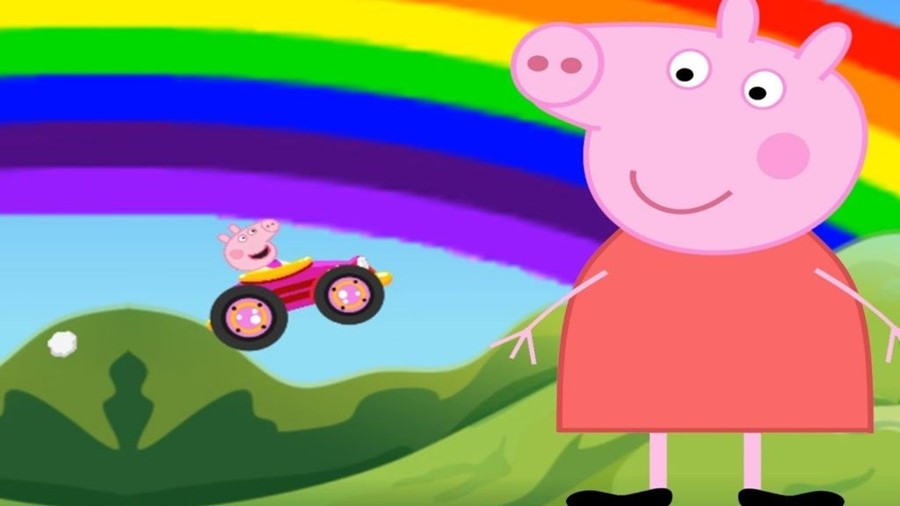Blog Post
‘Peppa Pig’ children’s show caves to LGBT agenda, introduces lesbian polar bears
By Jonathon Van Maren
“Peppa Pig” is a wildly popular children’s show about the adventures of a 4-year-old piglet and her family produced by Entertainment One. It has been translated into forty languages, broadcast in over 180 countries and territories, and has become a go-to for parents for its wholesome and innocent content—in fact, the show has been criticized for “enforcing gender stereotypes” because it features a stay-at-home mother and a father who works outside the home. The show has aired for almost twenty years and has accrued three British Academy of Film and Television Arts (BAFTA) awards.
It was thus inevitable that LGBT activists would insist on planting the rainbow flag in this cartoon world. A petition begun in 2019 called on the show to include same-sex parents; it eventually got just shy of 25,000 signatures over several years—a miniscule number considering what petitions on other issues regularly rack up, but from the perspective of the show’s creators, they were clearly the right signatures. To create a children’s show without gay characters is to be accused of exclusion and possibly bigotry. “Children watching Peppa Pig are at an impressionable age, and excluding same-sex families will teach them that only families with either a single parent or two parents of different sexes are normal,” the petition reads. “Peppa Pig is not just for entertainment, children are inevitably learning from it too.”
Consider that framing for a moment. LGBT activists understand that entertainment is about stories, and stories shape how we see the world. To have a children’s show that portrays a mother, father, and siblings as normal teaches them something. Thus, to include same-sex parents is to also teach them something. LGBT activists want all children’s entertainment to tell their stories because children are “at an impressionable age”—and thus they can win the hearts and minds of the young by “normalizing” the LGBT lifestyle from the earliest ages. In fact, LGBT activists understand what many parents mindlessly pushing screens in front of their children do not: that when they do so, they are allowing storytellers to tell stories to their children—and those stories will shape their moral imagination.
READ THE REST OF THIS COLUMN HERE









Peppa Pig is a penis